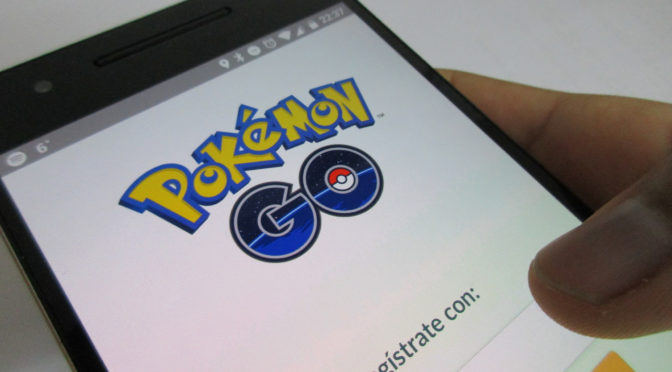“What the [Pokémon Go] app is actually doing — meaning the broad swath of information the app is collecting — is creepy. It’s not just kids playing the game, and it’s not just privacy advocates who are concerned.” — Anne McKenna, Penn State assistant professor of law
We were curious about the Pokémon Go craze that has infiltrated much of the world and wanted to get a legal perspective on the situation. Cyber and privacy attorney Anne McKenna graciously answered some questions about it from our news and research communications staff.
Research Matters: Pokémon Go seems innocent enough, but it’s causing concern among many privacy advocates. Why is that?
Anne McKenna: On July 6, 2016, Niantic, Inc., released Pokémon Go, an app game that requires users to walk around in real world locations to collect Pokémon. It’s a global obsession. According to the BBC, in the app’s first week of release, there were 15.3 million tweets about it worldwide. For perspective, there were only 11.7 million Brexit-related tweets during the week of the UK referendum. SimilarWeb, an apps analytics firm, says that Pokémon Go users are playing it on average 43 minutes a day — perspective again: that’s more time than users spend on Instagram, Snapchat, or Whatsapp.

